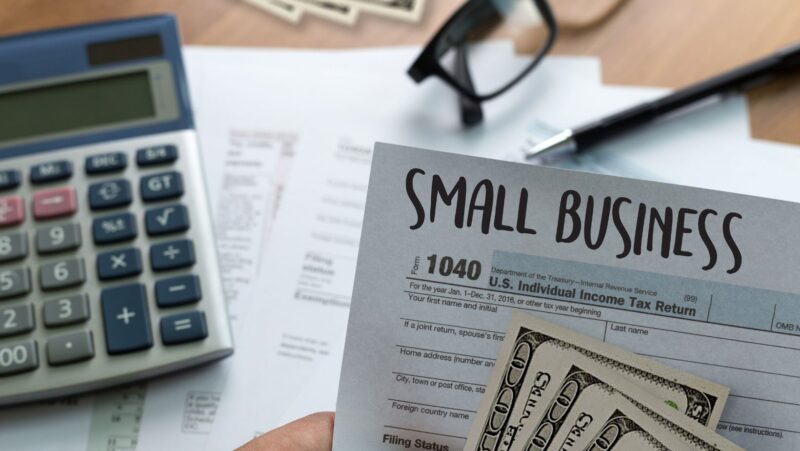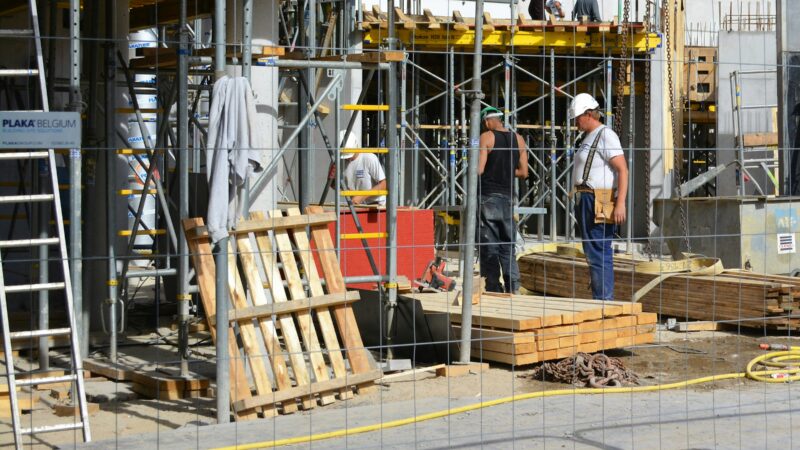
Slow internet connection can be really frustrating. Sometimes, one feels it is going to make him/her late for work or spoil the plan of watching a favorite series or anything important over the web. Several factors may be responsible for the slowness in the speed. Identifying the problem will surely help take the right steps toward improvement in the performance of the internet.
Limitation of Bandwidth
The most common reason for having slow internet is bandwidth limitation. Bandwidth is how much information your internet pulls at any one time. If you have a number of devices on, all using your home network at the same time, then the available bandwidth will be shared between them; this definitely lowers the speed of the internet, especially if a number of these are streaming, downloading, or gaming.
If your house is chock-full with many devices running simultaneously, then it may be to your benefit to check out just how much bandwidth your plan provides you with. You might find that your internet plan simply doesn’t have the bandwidth that all your devices need to operate correctly. An easy upgrade to a higher-tier plan or upgrading to fibre internet could very easily clean up your internet speed and the performance in general.
Wi-Fi Interference
Another major culprit that can actually slow down your internet is interference. In case your router is situated in one corner of the house or possibly behind thick walls, the Wi-Fi signal may not reach effectively. Similarly, when there are too many electronic devices operating on the same frequency-such as microwaves, cordless phones, or baby monitors-they interfere with your Wi-Fi, which reduces the pace of the internet.
To fix this, try putting the router in the middle of your house or as close to the center as possible; try not to place it near giant metal objects or walls. Switch to the 5 GHz band instead of the 2.4 GHz one, since the former faces less interference and allows a better over-short-distance speed.
Outdated Router or Equipment
Your router is the heart of your home internet connection, and when it’s outdated or malfunctioning, it really could affect your internet speed a lot. Many people just use the same router for years without considering upgrading. Routers have come a long way in recent years, and new ones fully support higher speeds and more efficient network management.
It is possible that an older router may not be able to manage the speeds made available by your ISP. In such a case, it will be prudent to invest in a modern router that can keep up with the more recent Wi-Fi standards for faster and more reliable internet, including Wi-Fi 6.
ISP Throttling
This might also be the case in the instance whereby your internet service provider throttles or intentionally slows down your connection. Sometimes, ISPs throttle during peak usage times or when you have reached your data limits, which always happens with heavy internet activities such as streaming HD videos or gaming.
To ensure consistent and reliable service, choose an ISP that has a solid reputation for delivering high-quality, dependable internet speeds. Read reviews, check availability in your area, and consider switching to a provider that offers fiber-optic internet, which is known for faster speeds and less congestion. Reliable providers often offer customer support, service-level agreements, and performance guarantees, ensuring that your internet stays consistent and fast.
Network Congestion
Your internet could become slow during peak hours, like evening or weekends when most people are on the internet. Network congestion is something that happens when a number of other people in your vicinity are using the same infrastructure; that means everyone experiences a slower speed. In particular, this happens with cable connections to the internet, where bandwidth is shared between users in a neighborhood.
You can’t do anything about network congestion outside your home; however, at least you can change the way you use the internet to mitigate their effects. Try not to perform high-bandwidth activities like streaming and huge downloads when people seem to be online: this means avoiding peak times, usually between the late afternoon and late evening. You can also talk to your ISP about upgrading to a dedicated fiber-optic connection since that is usually less prone to congestion.
Virus or Malware Infection
Another possible cause is a virus or malware infection on your device or network. Malicious software also can hijack your bandwidth through the background processes that utilize it to transmit information back to unauthorized sources in a denial-of-service attack on systems with a botnet. It might be going in the background and eating up the bandwidth without your notice.
To prevent malware, always install updated antivirus on your device. Perform a regular scan to detect threats, and avoid downloading files or clicking suspicious links that may introduce malware into the system.
Faulty Wiring or Service Outage
Sometimes an easy solution for poor internet speed involves faulty wiring or a service outage. However, if your internet speeds suddenly slow down and none of the above factors appear to apply, then check for outages in your area. Also, make sure that all your cables and connections are secure, not damaged, or loose at either end. If you find any kind of physical problem with your router or wiring, then immediately contact your ISP company for help.
Conclusion
Starting from bandwidth limitations to Wi-Fi interference, old equipment, and internet network congestion-the reasons that make internet speed slow are really different.

You’ll be in a position to boost the internet speed by troubleshooting those common issues and making an upgrade. Be it an upgrade of the plan, relocation of your router, or eradicating interference-locating what may be the roots of slow internet will really make quite a difference in your connectivity.













